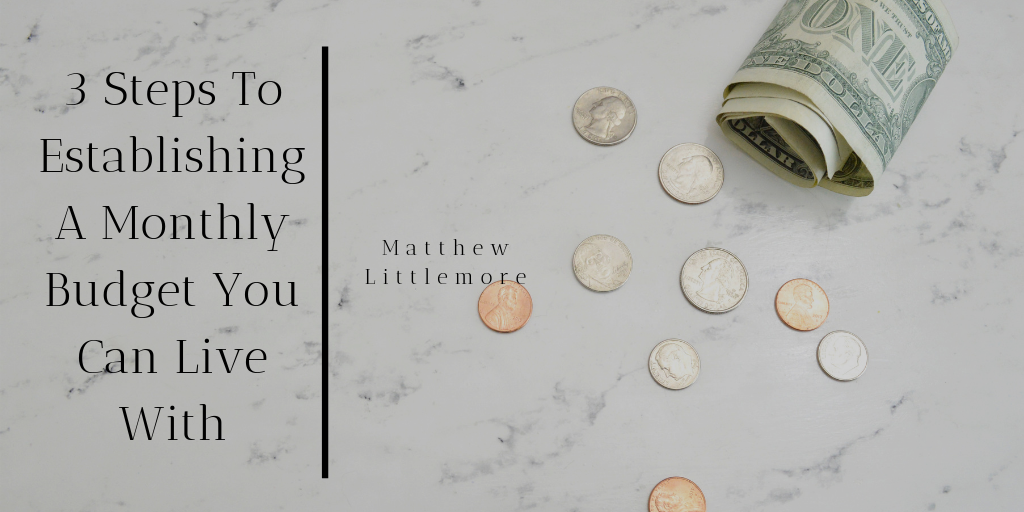Creating a budget isn’t necessarily hard; however, creating a budget you can actually live within proves to be a little more difficult. For instance, just because you write down that you only want to spend $200 a month on food doesn’t mean you can actually do it. Creating a budget you can genuinely live within also generally entails making other changes in your life that allow you to actually do so. After all, budgeting is really about living well within your means. Here are 3 tips to creating a monthly budget you can actually live with.
Track Your Spending
Before you can create a realistic budget, you need to get an accurate picture of where exactly all of your money is going. Spending $5 on a coffee each day may not seem like a lot, but added up over the course of a month can be costing you $150 a month. Of course, this doesn’t mean you need to stop drinking coffee, but maybe just limit the amount of time per week you’re purchasing it from your favorite place. A great substitute is making it at home, and utilizing any that may be provided throughout your day; at work, for example.
Start With Big Items & Goal Items
Some of your expenses are inflexible – at least at the moment – such as a rent, mortgage payment or car payments. On the other hand, you might be able to renegotiate some of those things to get a lower payment or consider moving into a less expensive place. For the moment, however, you want to look at what your financial goals are, such as saving or investing and then budget for your non-negotiable expenses. Anything after that you can consider negotiable. If you want to save $200 a month, but make $2,500 a month and have $1,700 in non-negotiable bills, then you are going to have to cut down your other expenditures to $600 a month or find a way to raise your income level.
Tweak Your Budget as Necessary
What works on paper does not always work in real life. A budget should always be more of a work in progress than set in stone. As your income changes, so will your budget. Sometimes, you may have a surplus of income and having a budget will help you spend it more wisely. Other times, you may have to cut some expenses, so a budget will help you make the right cuts in the right places, even though they may be painful.

